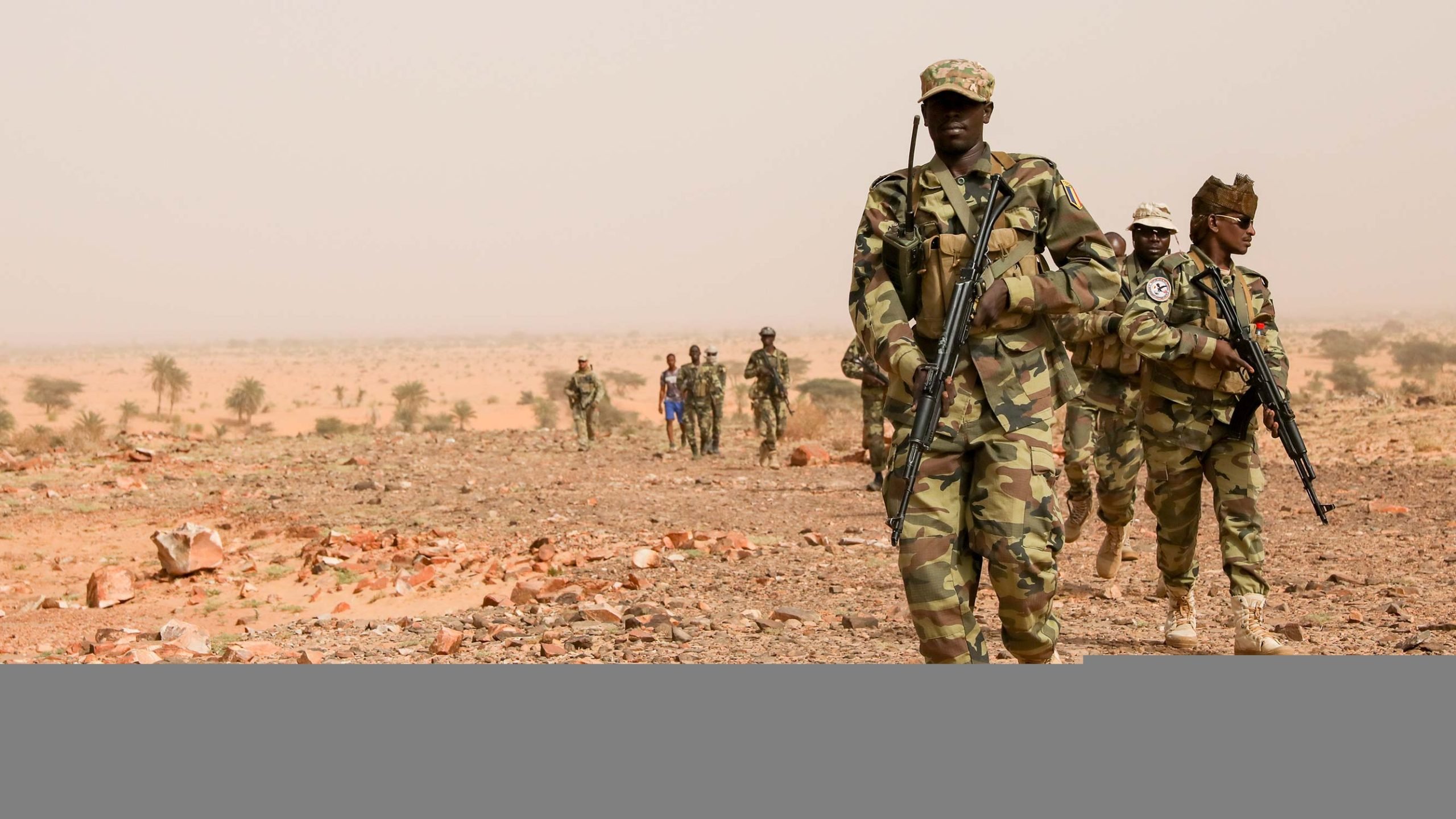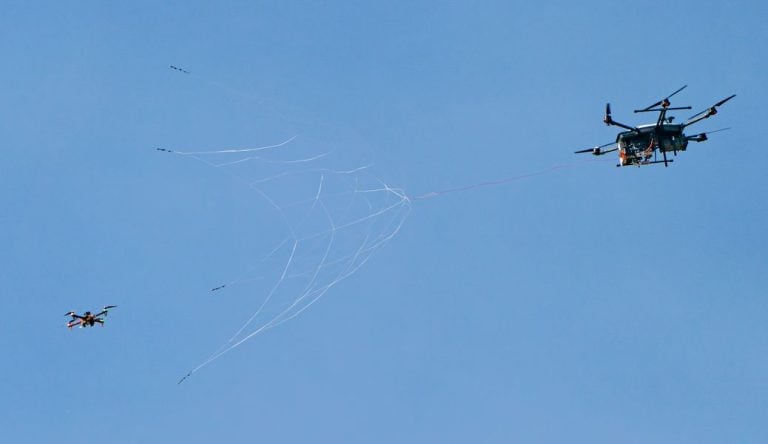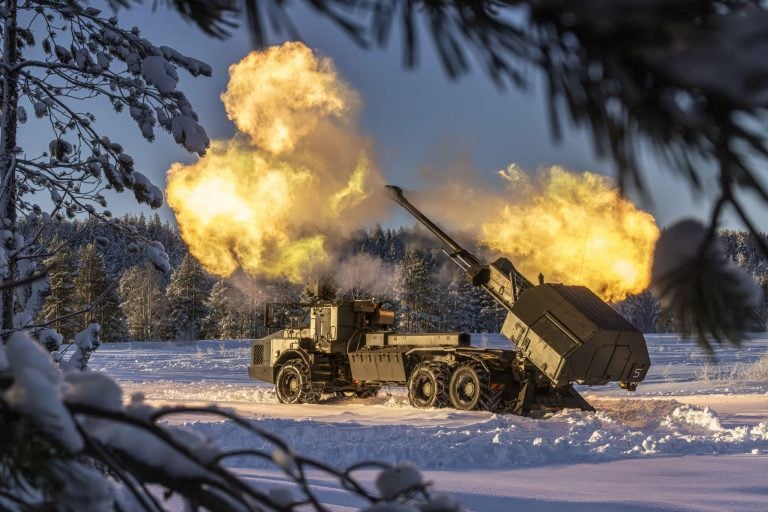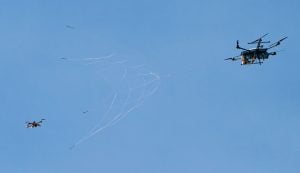In a significant development for the troubled region of northern Chad, the government has finalized a peace agreement with an armed group, effectively bringing an end to years of conflict fueled by disputes over the area’s gold resources. This resolution was announced by mediator Ibrahim Edji Mahamat, who expressed optimism about the impact of the deal on the local community and the broader province of Tibesti.
The agreement, which was signed on Tuesday by government mediator Saleh Kebzabo, grants amnesty to both the Chadian defense and security forces as well as the rebels involved in violent clashes that occurred between 2019 and 2020. According to Mahamat, this pact sees the “definitive return of peace” to Miski and the surrounding areas.
As part of the terms, members of the Diffa Al Watan Popular Committee, a local faction, will be incorporated into the national army or the police forces, contingent upon their receiving appropriate training. This move aims to foster integration and stabilize the region, which has faced significant unrest driven by armed groups resisting governmental authority.
Mahamat highlighted that this agreement marks the conclusion of negotiations with the last remaining dissident group, noting that multiple rebel factions had already entered into similar peace accords in 2019, earlier this year, and in the months leading up to this agreement. Such deals have been crucial in reducing tensions and facilitating state access to resource-rich areas previously dominated by armed groups.
For years, the Miski area, located approximately 200 kilometers from Bardai, the main city in Tibesti province, has been a battleground where various rebel groups have restricted the movement of state officials, thereby stalling the government’s ability to manage local resources. In the context of Chad’s history since gaining independence from France in 1960, the Tibesti region has long attracted illegal gold miners, complicating governance and economic stability.
This recent peace deal represents not just a potential end to hostilities but also a step towards re-establishing governmental authority and the rule of law in an area that has seen its share of turmoil and conflict over valuable natural resources.














